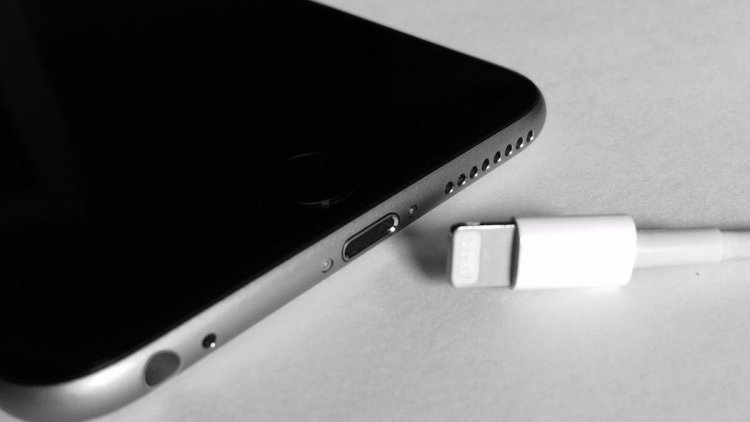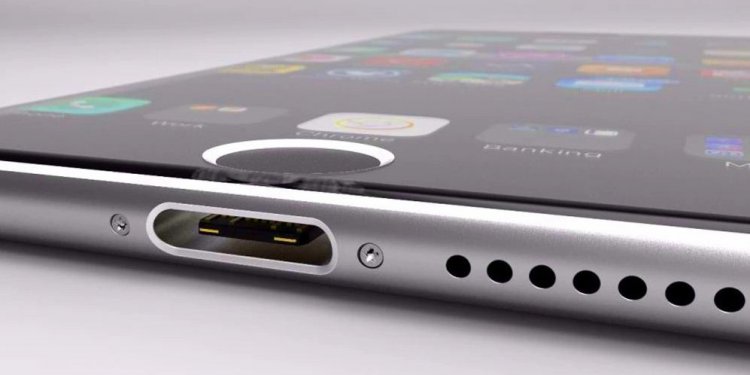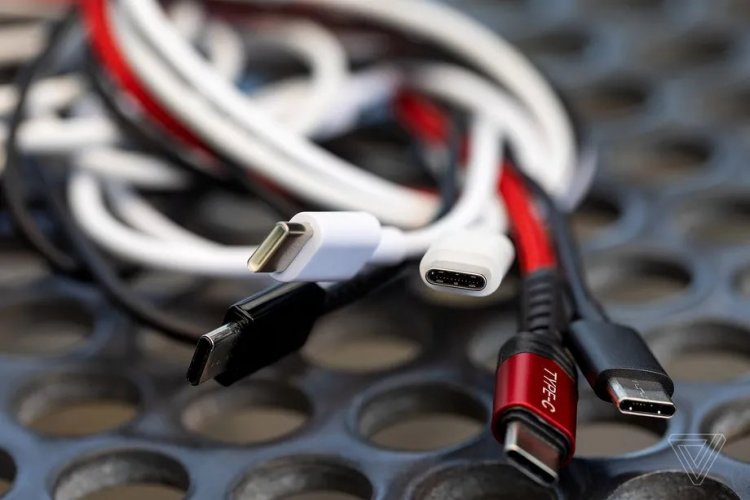iPhone with USB-C Port? After the EU makes it mandatory for all phones, this could become a reality by 2024.
Apple still uses Lightning ports on its iPhones, but it is rumoured that it will switch to USB-C after doing so for iPads and MacBooks.

The European Union has passed a provisional agreement, which will soon become law under the European Parliament, requiring all device manufacturers producing mobile phones, tablets, e-readers, earphones, gaming consoles, cameras, or anything else classified as "small and medium-sized portable electronics" to use USB-C ports for charging.
The move calls into question Apple, the maker of the iPhone, and its use of Lightning ports on its mobile phones. Laptops will also need to switch to USB-C for charging under the new law, which was agreed upon by all members of the European Union earlier today – and is set to be passed as law after the summer recess ends – but OEMs making laptops will have more time to comply.
Also Read: Apple M2 vs Apple M1: What's the Difference in CPU, GPU,...
The New EU Law: The Full Lowdown

According to the new EU law, the legislation will be formally adopted by the European Parliament by the end of the year, and businesses will have approximately two years from the date of the law's formal adoption to comply with it. Any device released prior to this date will be exempt from compliance.
As a result, mobile phones and other small electronics will have until 2024 to transition to USB-C. Meanwhile, laptops will have 40 months – or until around mid-2026 – to transition to USB-C charging.
According to the official rapporteur of the European Parliament, Alex Agius Saliba, the entire list of gadgets includes "laptops, e-readers, earbuds, keyboards, computer mice, and portable navigation devices, in addition to smartphones, tablets, digital cameras, headphones and headsets, handheld video game consoles, and portable speakers." We have also included provisions for wireless charging, which is the next evolution in charging technology, as well as improved consumer information and labelling."
Also Read: iOS 16 has been Announced: Which iPhones to Get New Update,...
According to an EU report on the provisional agreement, the law could save consumers over EUR 250 million per year, as well as over 11,000 tonnes of e-waste. "Consumers will be provided with clear information on the charging characteristics of new devices, making it easier for them to see whether their existing chargers are compatible," the Parliament's statement continued. Buyers will also have the option of purchasing new electronic equipment with or without a charging device."
The EU's law also states that it will seek to unify charging speeds for devices of all classes, which means that once the law takes effect, all mobile phones will be advised to maintain a single charging speed rather than proprietary charging speeds by different OEMs. According to the Union, such actions will encourage the development of faster wireless charging speeds for various devices.
How this impacts the iPhone

Apple has been rumoured, particularly in the last year, to be transitioning to USB-C for its iPhones. However, a rumour about the use of USB-C in the 2021 iPhone 13 lineup did not come true.
Apple has already switched to USB-C for charging on its new generation iPads, and its MacBook laptops do as well. However, iPhones account for a sizable portion of Apple's total hardware sales, and Europe accounts for a sizable portion of Apple's iPhone sales as well.
Also Read: Apple M2 Chip with 18% Faster CPU and 35% Faster GPU to...
As a result, Apple is likely to switch to USB-C in time for the EU's law to take effect. The company still has nearly three product cycles before the EU charging device law takes effect in 2024. These products include this year's iPhone 14 lineup, which is expected to reduce the notch on the phone's display and switch to USB-C charging ports, among other changes.
When Apple adopts USB-C ports for its iPhones, the company will have a single charging port for all of its hardware. The EU's law seeks to impose a similar structure for all companies, giving companies more leeway to refuse to sell chargers with their packaging.
Apple has already stopped shipping charging adapters with its iPhones since last year, implying that the company has been preparing for a future in which chargers are not required to be shipped with every device.

 Mike2051
Mike2051 








